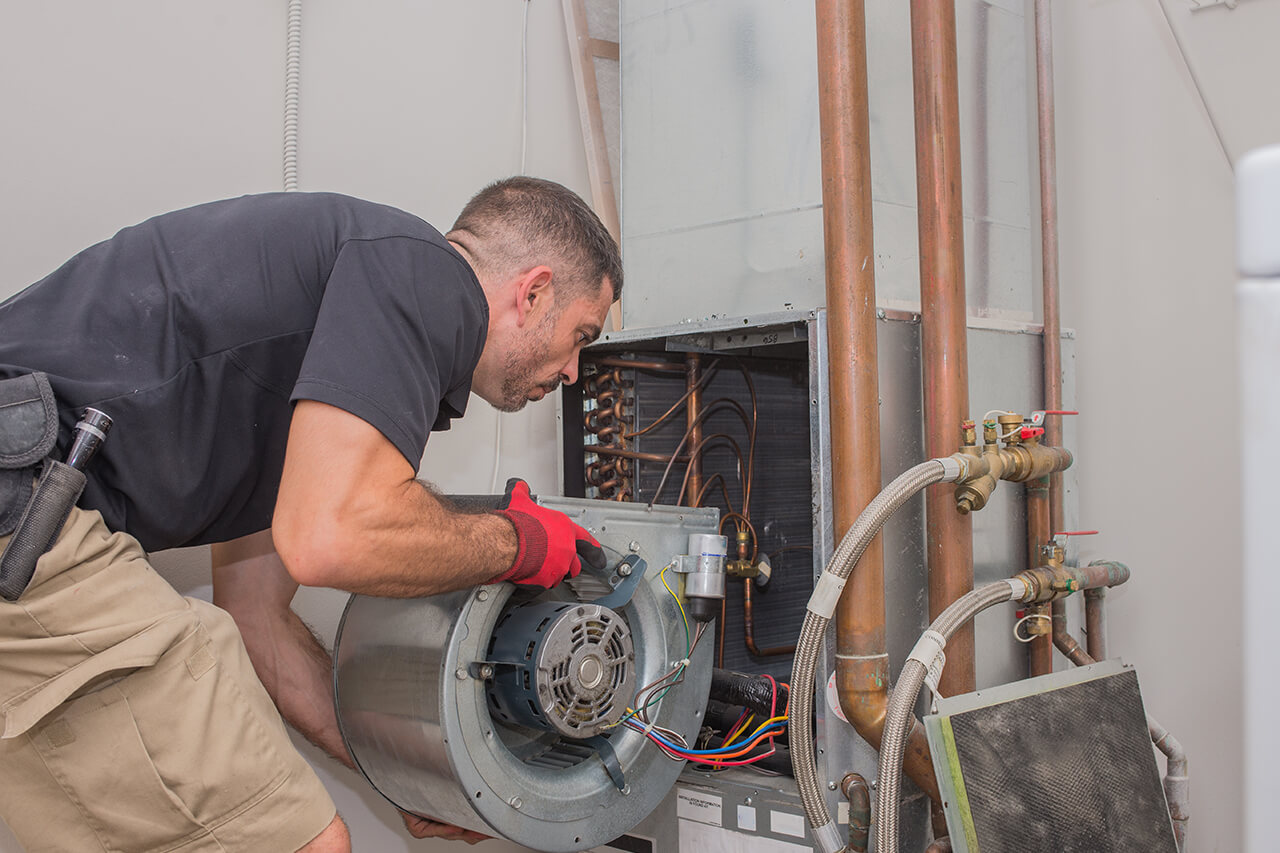

Articles
How Much Does HVAC Blower Motor Cost?
Modified: October 20, 2024
Looking for articles on how much a blower motor for HVAC costs? Find out the latest pricing and tips for replacing a blower motor in this comprehensive guide.
(Many of the links in this article redirect to a specific reviewed product. Your purchase of these products through affiliate links helps to generate commission for Storables.com, at no extra cost. Learn more)
Introduction
Blower motors play a crucial role in HVAC (Heating, Ventilation, and Air Conditioning) systems by distributing air throughout a building. These motors ensure that your HVAC system operates efficiently, providing the desired comfort levels in your home or office. However, like any mechanical component, blower motors can experience wear and tear over time, leading to malfunctions or complete failure.
When your blower motor stops working, it’s essential to get it repaired or replaced promptly to avoid disruptions to your HVAC system’s functionality. However, before you proceed with the replacement, it’s important to understand the factors that affect the cost of blower motors and the available options for replacement.
In this article, we will cover the various aspects of blower motors for HVAC systems, including their functionality, cost factors, types, symptoms of failure, steps to replace them, and money-saving tips. By gaining a comprehensive understanding of blower motors, you’ll be better equipped to make informed decisions when it comes to maintenance or replacement.
Key Takeaways:
- Blower motors are essential for HVAC systems, and understanding the factors that influence their cost is crucial for informed decision-making. Prioritize quality and energy efficiency to ensure long-term savings and optimal system performance.
- Recognizing the symptoms of a failing blower motor and taking proactive steps, such as obtaining multiple quotes and considering energy-efficient options, can help save money on the replacement process. Consult with a qualified HVAC technician for expert guidance tailored to your specific needs and budget.
Read more: How To Test HVAC Blower Motor
Understanding Blower Motors for HVAC Systems
Blower motors are essential components in HVAC systems responsible for circulating air throughout the building. They are typically located within the air handler unit or furnace and work by drawing in air from the return ducts and then pushing it through the heating or cooling coils. The conditioned air is then distributed via the ductwork to various rooms in your home or office.
Blower motors consist of several key components, including the motor itself, a fan blade, and a housing enclosure. The motor drives the fan blade, which creates the necessary airflow. The housing enclosure helps direct the airflow in the desired direction.
Blower motors can be categorized into two types: single-speed and variable-speed motors. Single-speed motors operate at a fixed speed determined by the manufacturer and are commonly found in older HVAC systems. On the other hand, variable-speed motors, also known as ECM (electronically commutated motor) motors, can adjust their speed based on the system’s requirements. Variable-speed motors offer better energy efficiency and provide more precise control over airflow.
Blower motors are powered by electricity and are controlled by the HVAC system’s control board. The control board receives signals from the thermostat and adjusts the motor’s speed accordingly to meet the desired temperature settings.
Understanding the importance and functionality of blower motors in HVAC systems is crucial when it comes to troubleshooting issues or making decisions regarding repairs or replacements. Now, let’s explore the factors that influence the cost of blower motors.
Factors Affecting the Cost of Blower Motors
Several factors come into play when determining the cost of blower motors for HVAC systems. Being aware of these factors can help you assess the overall cost and make informed decisions about your blower motor replacement. Here are some key factors to consider:
- Type of Motor: The type of blower motor you need will greatly impact the cost. Single-speed motors are generally less expensive compared to variable-speed motors due to their simpler design.
- Motor Efficiency: Blower motors with higher energy efficiency ratings will typically come at a higher price point. However, investing in a more efficient motor can lead to long-term energy savings.
- Motor Size and Capacity: The size and capacity of the blower motor required for your HVAC system will affect the cost. Larger and more powerful motors will cost more due to their higher performance capabilities.
- Manufacturer and Brand: The brand of the blower motor can also influence the cost. Well-established brands with a reputation for quality may come at a higher price compared to lesser-known brands.
- Warranty: The length and coverage of the warranty provided by the manufacturer can impact the cost. Motors with longer warranties tend to be priced higher.
- Labor Costs: In addition to the actual cost of the blower motor, you should also factor in the cost of professional installation. Labor costs can vary depending on the complexity of the system and the expertise of the technician.
- Availability: If a particular blower motor is in high demand or scarce supply, it may affect the cost. Factors such as market demand and supply chain disruptions can impact the availability and price of blower motors.
It’s important to consider these factors when estimating the total cost of replacing a blower motor for your HVAC system. By understanding these influences, you can make a more informed decision and select the most suitable option based on your budget and specific requirements.
Average Price Range for Blower Motors
The cost of blower motors for HVAC systems can vary depending on several factors, as mentioned earlier. While it’s difficult to provide an exact price for blower motors due to these variables, we can provide a general price range to give you an idea of what to expect.
On average, the price range for blower motors can be anywhere from $100 to $500 or more. Single-speed motors are generally more affordable and can range from $100 to $300. Variable-speed motors, which offer greater energy efficiency and performance, tend to be on the higher end of the price range, starting at around $300 and going up to $500 or more.
It’s important to note that these prices reflect the cost of the blower motor itself. Additional expenses, such as labor costs for installation and any necessary modifications to the HVAC system, should also be considered when budgeting for a blower motor replacement.
Furthermore, the cost of blower motors can vary depending on the brand and manufacturer. Well-known brands with a reputation for quality may come with a higher price tag compared to lesser-known brands. It’s important to weigh the cost against the quality and reliability of the motor to ensure a long-lasting and efficient HVAC system.
Lastly, keep in mind that prices can also be influenced by market conditions, geographical location, and availability. It’s always a good idea to obtain multiple quotes from reputable HVAC technicians to get an accurate estimate tailored to your specific situation.
Remember that investing in a high-quality blower motor is crucial for the performance and efficiency of your HVAC system. While the initial cost may seem significant, it can lead to long-term energy savings and greater comfort in your home or office.
Types of Blower Motors for HVAC Systems
When it comes to blower motors for HVAC systems, there are two main types to consider: single-speed motors and variable-speed motors. Each type has its own advantages and considerations, so understanding the differences can help you make an informed decision when replacing a blower motor.
1. Single-Speed Motors: Single-speed motors are the traditional type of blower motors commonly found in older HVAC systems. As the name suggests, they operate at a fixed speed determined by the manufacturer. These motors are less complex and generally more affordable compared to variable-speed motors. However, they have limited control over airflow and may not provide optimal energy efficiency. Single-speed motors are a suitable choice for basic HVAC systems or budget-conscious replacements.
2. Variable-Speed Motors: Variable-speed motors, also known as electronically commutated motor (ECM) motors, are designed to adjust their speed based on the HVAC system’s requirements. These motors offer greater control over airflow and can adapt to the specific needs of your home or office. Variable-speed motors provide better energy efficiency by running at lower speeds when less airflow is required, and they can ramp up to higher speeds for increased cooling or heating demand. Additionally, these motors tend to be quieter and can enhance indoor air quality by promoting better air circulation. Although variable-speed motors have a higher price point, their energy-saving capabilities and comfort benefits make them a popular choice for optimized HVAC systems.
Choosing the right type of blower motor for your HVAC system depends on your specific needs, budget, and desired performance. Consider factors such as energy efficiency, noise levels, and comfort requirements when making your decision. It’s always recommended to consult with a qualified HVAC technician who can assess your system and provide expert advice on the most suitable blower motor option.
Ultimately, whether you opt for a single-speed or variable-speed motor, replacing a faulty blower motor with a high-quality one will contribute to the efficient operation and longevity of your HVAC system.
When purchasing a blower motor for HVAC, consider the motor type, horsepower, and compatibility with your existing system. It’s also important to compare prices from different suppliers to ensure you’re getting the best deal.
Read more: How Much Does HVAC Ductwork Cost
Common Symptoms of a Failing Blower Motor
A failing blower motor in an HVAC system can lead to a range of issues, affecting the comfort and efficiency of your home or office. Recognizing the common symptoms of a failing blower motor can help you address the problem promptly and avoid further damage. Here are some warning signs to watch out for:
- Insufficient Airflow: If you notice a significant decrease in airflow from your vents, it could be a sign that the blower motor is beginning to fail. This can result in rooms not reaching the desired temperature and an overall decrease in comfort.
- Unusual Noises: A failing blower motor may produce strange noises such as squealing, scraping, or grinding sounds. These noises can indicate bearings or other components inside the motor are worn out or damaged.
- Inconsistent Temperatures: When the blower motor is not functioning properly, it can lead to uneven temperatures throughout the space. Some rooms may feel too warm, while others remain cooler than desired.
- Intermittent Operation: If the blower motor works inconsistently, turning on and off at random intervals, it could indicate a malfunction. This can lead to inconsistent heating or cooling cycles and an unreliable HVAC system.
- Burning Smell: A burning smell coming from the vents or the HVAC system itself can be a sign of a failing blower motor. It may indicate overheating or electrical issues that require immediate attention.
- Excessive Energy Consumption: A failing blower motor may cause the HVAC system to work harder to maintain the desired temperature, resulting in increased energy consumption. If you notice a significant spike in your energy bills, it’s worth checking the blower motor’s condition.
- Blower Motor Failure: In severe cases, the blower motor may stop working altogether. This can result in a complete loss of airflow and render the HVAC system inoperable.
If you notice any of these symptoms, it’s important to have your blower motor inspected by a qualified HVAC technician. They can diagnose the issue and recommend the necessary repairs or replacements to restore the proper functioning of your HVAC system.
Addressing a failing blower motor promptly not only helps maintain comfort but also prevents further damage to other components of the HVAC system. Regular maintenance and inspections can also help detect potential blower motor issues early on, reducing the likelihood of sudden breakdowns and costly repairs.
Steps to Replace a Blower Motor in an HVAC System
Replacing a blower motor in an HVAC system requires technical knowledge and expertise. While it’s always recommended to have a professional HVAC technician handle the replacement, understanding the general steps involved can give you a better understanding of the process. Here are the typical steps to replace a blower motor:
- Turn off the power: Before starting any work on your HVAC system, turn off the power supply to prevent any electrical accidents. Locate the circuit breaker panel and switch off the circuit connected to the HVAC system.
- Remove access panels: Remove the access panels on the air handler or furnace to gain access to the blower motor. These panels are usually secured with screws or clips and can be easily removed with a screwdriver or pliers.
- Disconnect electrical connections: Carefully disconnect the electrical connections between the blower motor and the control board or wiring harness. Take note of the wiring configuration to ensure proper reconnection later.
- Remove mounting screws: Locate the mounting screws that secure the blower motor to the housing. Use appropriate tools to loosen and remove these screws, allowing the motor to be detached from the housing.
- Inspect and prepare the new motor: Take a moment to inspect the new blower motor and make sure it is the correct replacement. Check for any damages or defects before proceeding. If necessary, transfer any mounting brackets or other accessories from the old motor to the new one.
- Install the new motor: Position the new blower motor in the housing and secure it in place using the mounting screws. Ensure the motor is aligned properly and securely attached to the housing.
- Reconnect electrical connections: Reconnect the electrical connections between the blower motor and the control board or wiring harness. Follow the wiring configuration notes made during the disconnection step to ensure accurate and secure connections.
- Replace access panels: After confirming that all electrical connections are secure, reattach the access panels to the air handler or furnace. Make sure the panels are properly aligned and secured in place.
- Turn on the power: Once the blower motor is installed, turn the power supply back on by switching on the circuit breaker connected to the HVAC system. Test the system to ensure the blower motor is functioning correctly and producing the desired airflow.
Keep in mind that these steps provide a general guideline, and the specific process may vary depending on the HVAC system and blower motor model. It’s recommended to consult the manufacturer’s instructions or seek professional assistance to ensure a proper and safe blower motor replacement.
By following these steps and engaging a qualified HVAC technician, you can ensure a smooth and effective replacement process, restoring optimal functioning to your HVAC system.
Tips for Saving Money on Blower Motor Replacement
Replacing a blower motor in an HVAC system can be a significant investment. However, there are several tips and strategies you can employ to help save money on the replacement process. Here are some cost-saving tips to consider:
- Obtain Multiple Quotes: Before committing to a particular HVAC technician or provider, it’s wise to obtain multiple quotes for the blower motor replacement. This allows you to compare prices and choose the most competitive offer.
- Research and Compare: Take the time to research different blower motor brands, models, and prices. Comparing features, warranties, and customer reviews can help you make an informed decision on the best balance between affordability and quality.
- Consider Energy Efficiency: While energy-efficient blower motors may have a higher upfront cost, they can help you save on energy bills in the long run. Look for models with high energy efficiency ratings to reduce your HVAC system’s overall energy consumption.
- Opt for Variable-Speed Motors: Variable-speed motors offer better control, energy efficiency, and comfort compared to single-speed motors. While they may be more expensive initially, the long-term benefits make them a cost-effective choice.
- Take Advantage of Rebates and Incentives: Check if there are any rebates or incentives available for upgrading to energy-efficient blower motors or HVAC systems. Local utility companies or government programs often provide financial incentives to promote energy conservation.
- Bundle Repairs and Services: If you require additional repairs or maintenance services for your HVAC system, consider bundling them together. HVAC technicians may offer package deals or discounts for multiple services, helping you save on overall costs.
- Explore Financing Options: If the upfront cost of a blower motor replacement is a concern, inquire about financing options. Some HVAC companies offer flexible payment plans or financing programs that can help you spread out the expense over time.
- Maintain Regular HVAC Maintenance: Regular maintenance of your HVAC system can help prolong the lifespan of the blower motor and prevent major issues. Simple tasks like cleaning or replacing air filters can improve efficiency and reduce the likelihood of premature motor failure.
- DIY vs. Professional Installation: While some may consider a DIY approach to save on labor costs, it’s recommended to have a professional HVAC technician handle the installation. Improper installation can lead to further damage or void warranties, resulting in higher expenses down the line.
- Long-Term Considerations: When selecting a blower motor, prioritize reliability and durability. Investing in a high-quality motor may cost more upfront but can save you money on future repairs and replacements.
By implementing these tips, you can make the blower motor replacement process more cost-effective without compromising performance or quality. Remember to consult with a reputable HVAC technician who can provide expert advice tailored to your specific needs and budget.
Finally, it’s important to weigh the overall value and long-term benefits of a blower motor replacement against the upfront cost. A well-functioning and energy-efficient HVAC system can provide increased comfort, lower energy bills, and a higher return on investment in the years to come.
Conclusion
Blower motors are integral components of HVAC systems, responsible for distributing air and ensuring optimal comfort levels in your home or office. Understanding blower motors and the factors that affect their cost is crucial when it comes to maintenance or replacement.
In this article, we’ve discussed the functionality and types of blower motors, including single-speed motors and variable-speed motors. We’ve explored the common symptoms of a failing blower motor, such as reduced airflow, unusual noises, and inconsistent temperatures. Additionally, we’ve provided steps to replace a blower motor and offered tips for saving money on the replacement process.
When dealing with blower motor replacement, it’s essential to prioritize quality, energy efficiency, and overall system performance. Investing in a reliable and energy-efficient blower motor may have upfront costs, but it can lead to long-term savings in energy bills and reduce the likelihood of future repairs or replacements.
It’s highly recommended to consult with a qualified HVAC technician who can assess your specific needs, diagnose any issues accurately, and provide expert guidance on the best blower motor options for your HVAC system.
By staying informed and proactive, you can ensure that your HVAC system operates smoothly and efficiently, providing optimal comfort and air circulation throughout your space.
Remember, regular maintenance and timely blower motor replacement are essential for the continued functionality and efficiency of your HVAC system. Whether you’re experiencing issues with your blower motor or planning for its replacement, prioritize the well-being of your HVAC system to create a comfortable and healthy environment for you and your loved ones.
Frequently Asked Questions about How Much Does HVAC Blower Motor Cost?
Was this page helpful?
At Storables.com, we guarantee accurate and reliable information. Our content, validated by Expert Board Contributors, is crafted following stringent Editorial Policies. We're committed to providing you with well-researched, expert-backed insights for all your informational needs.
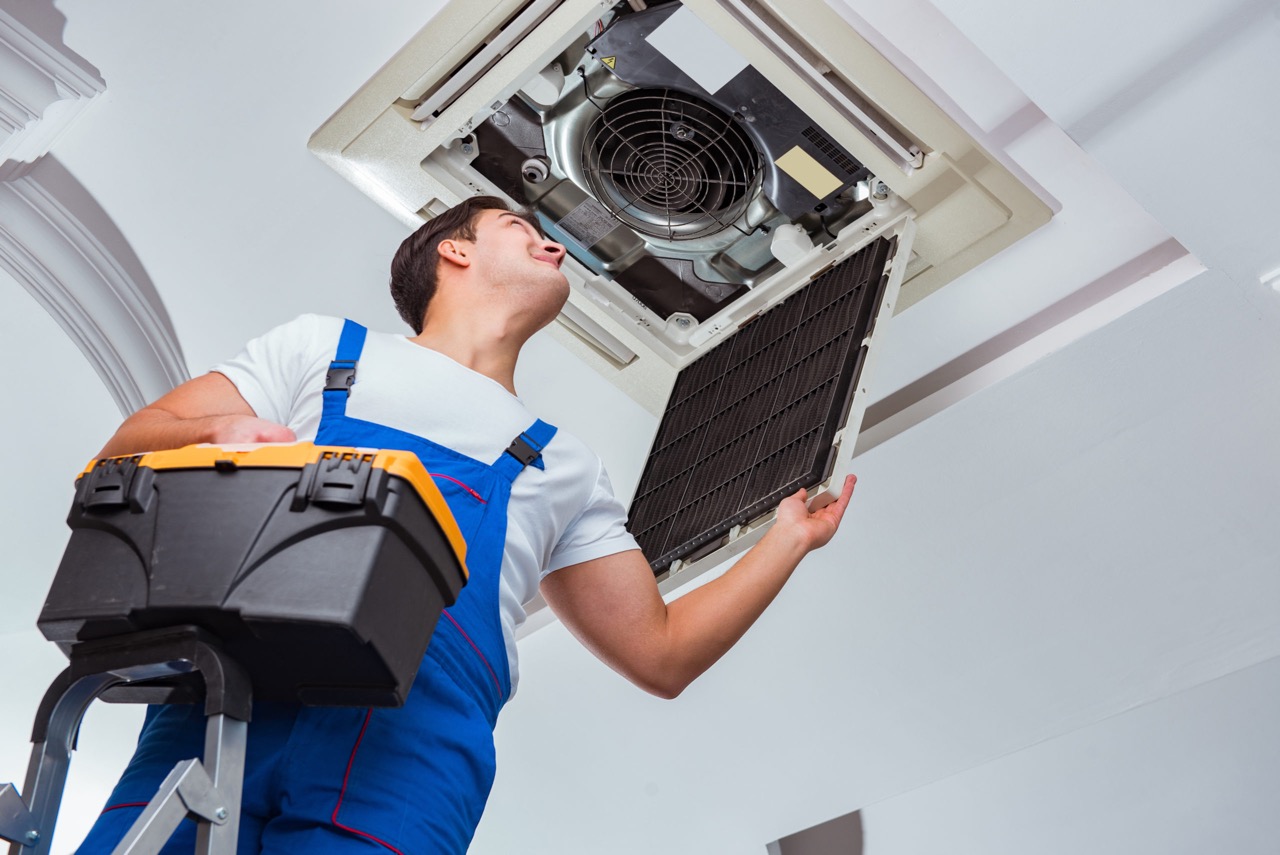
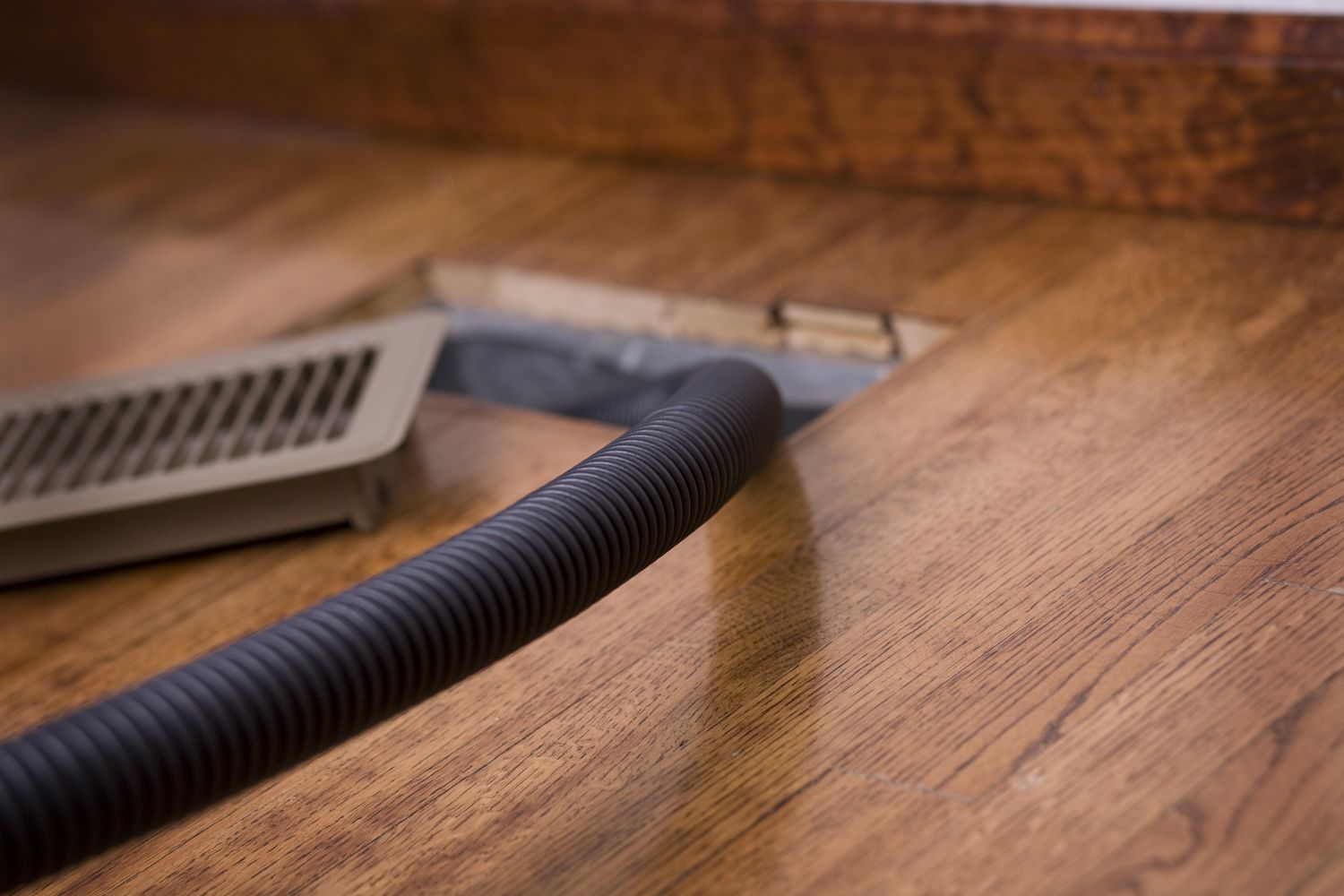
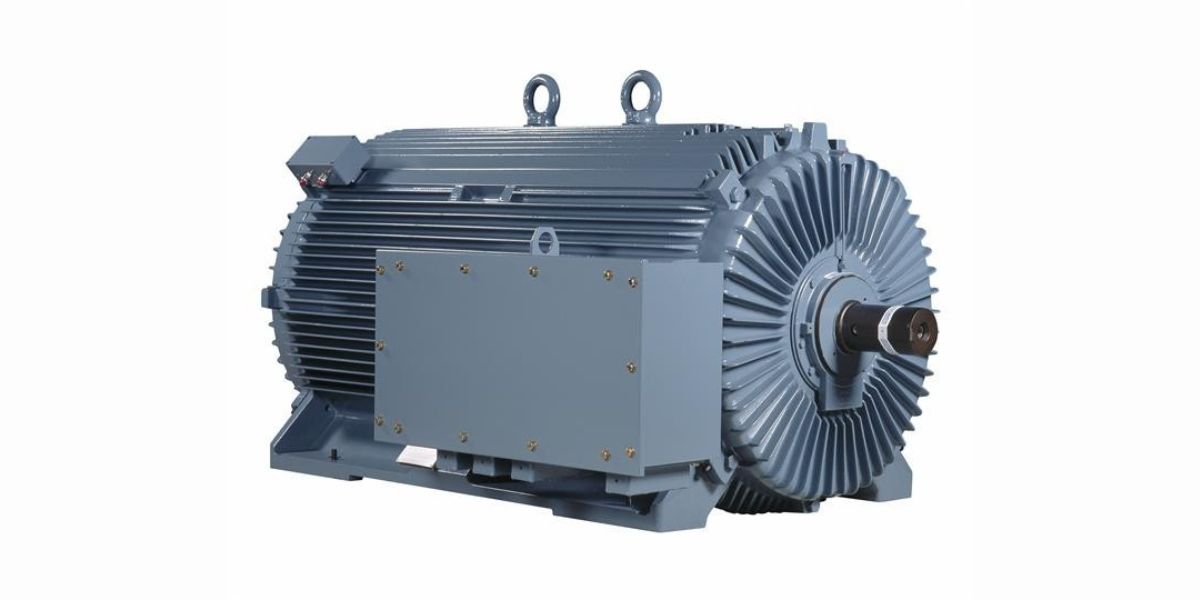

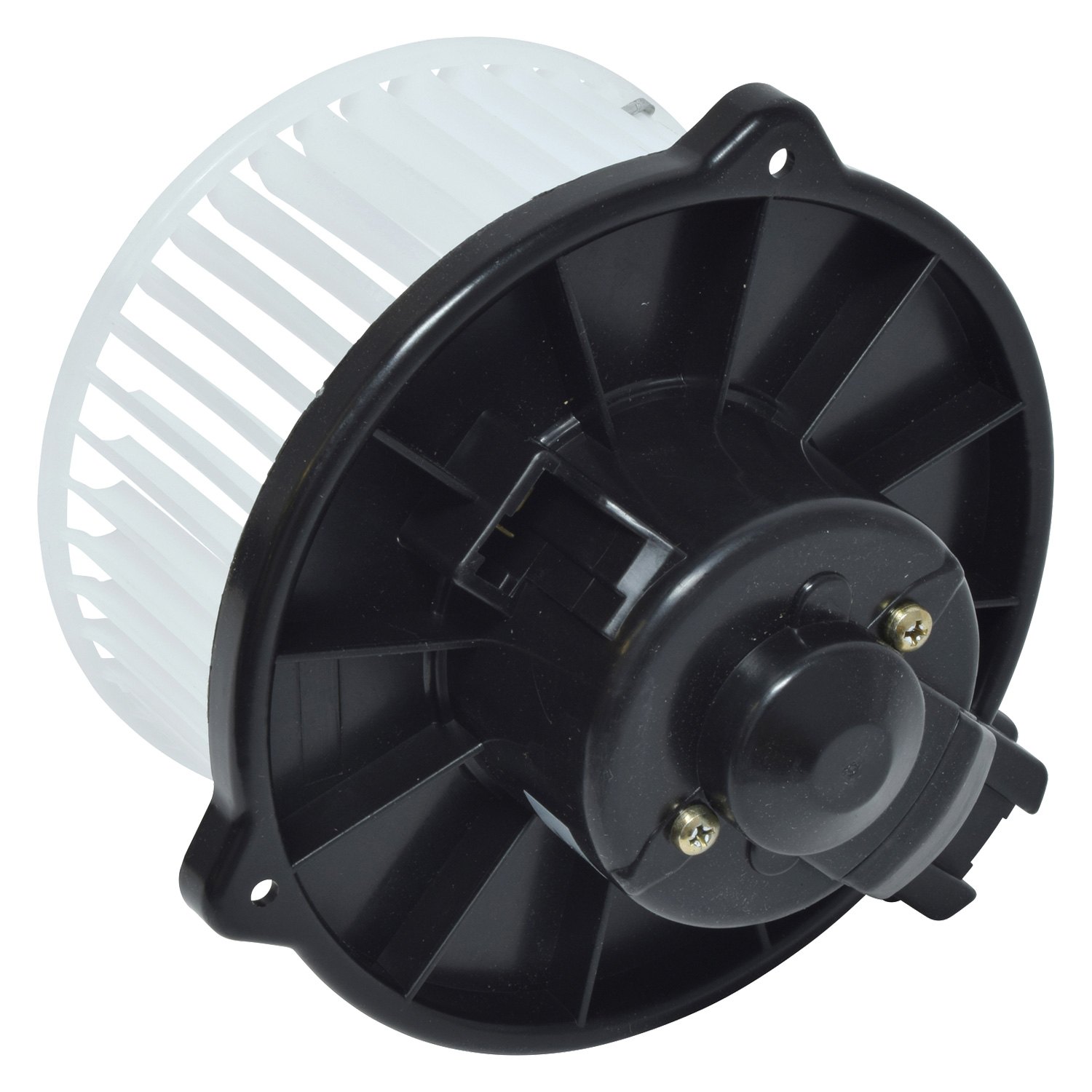
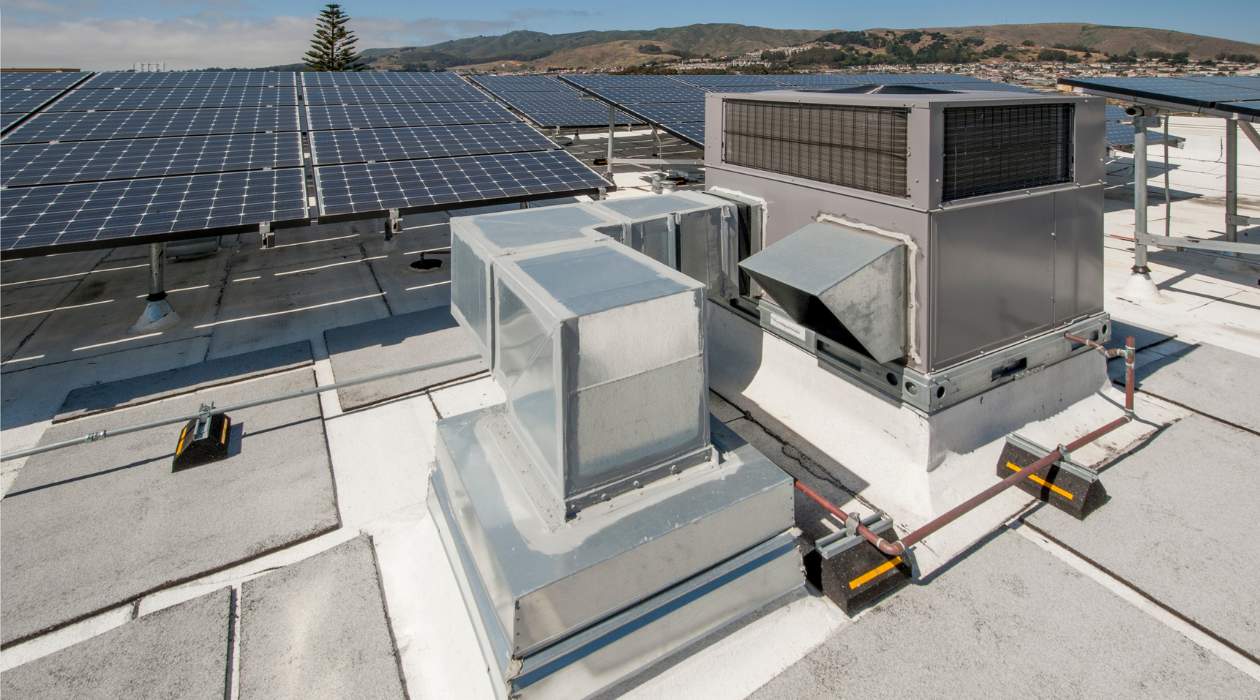
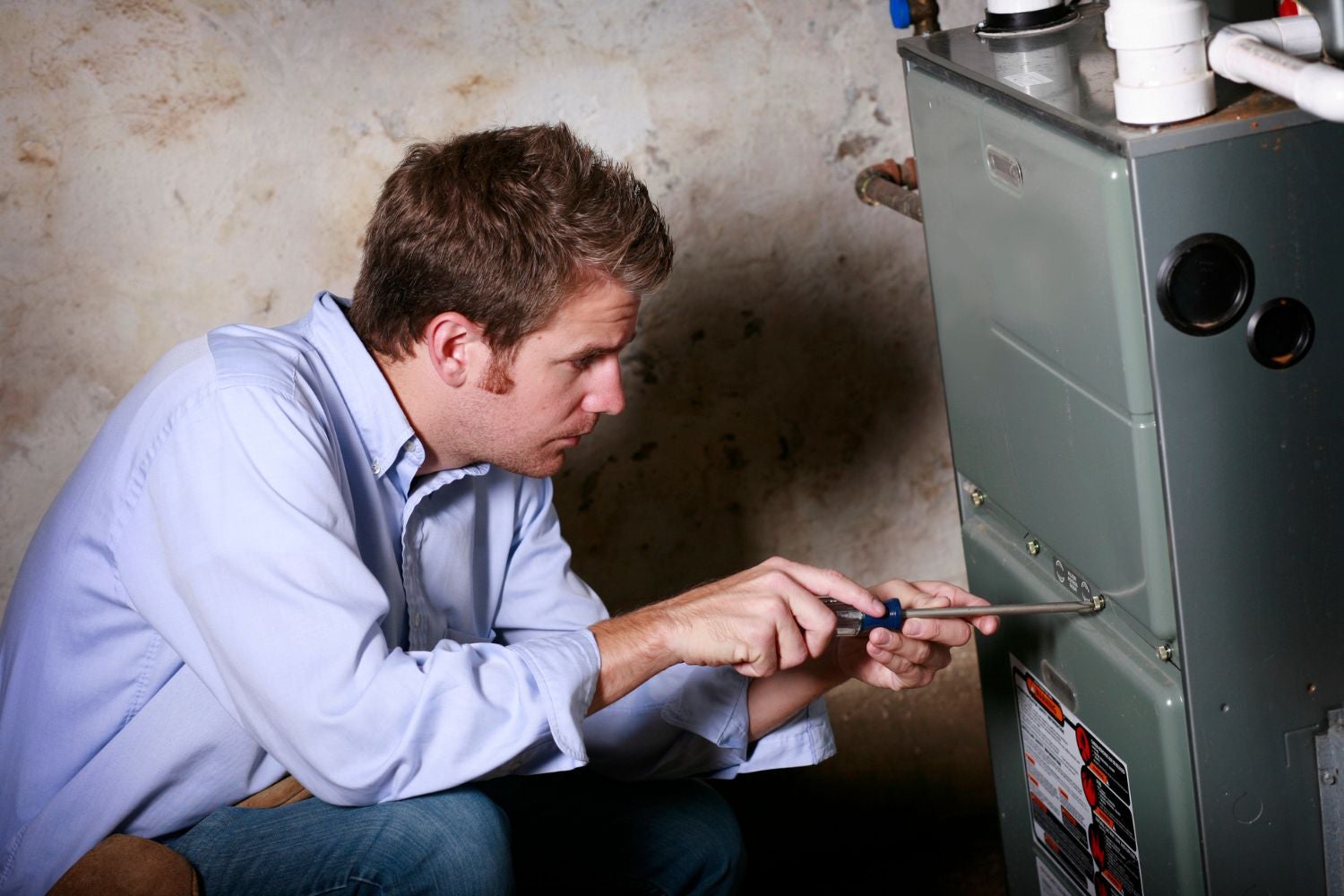
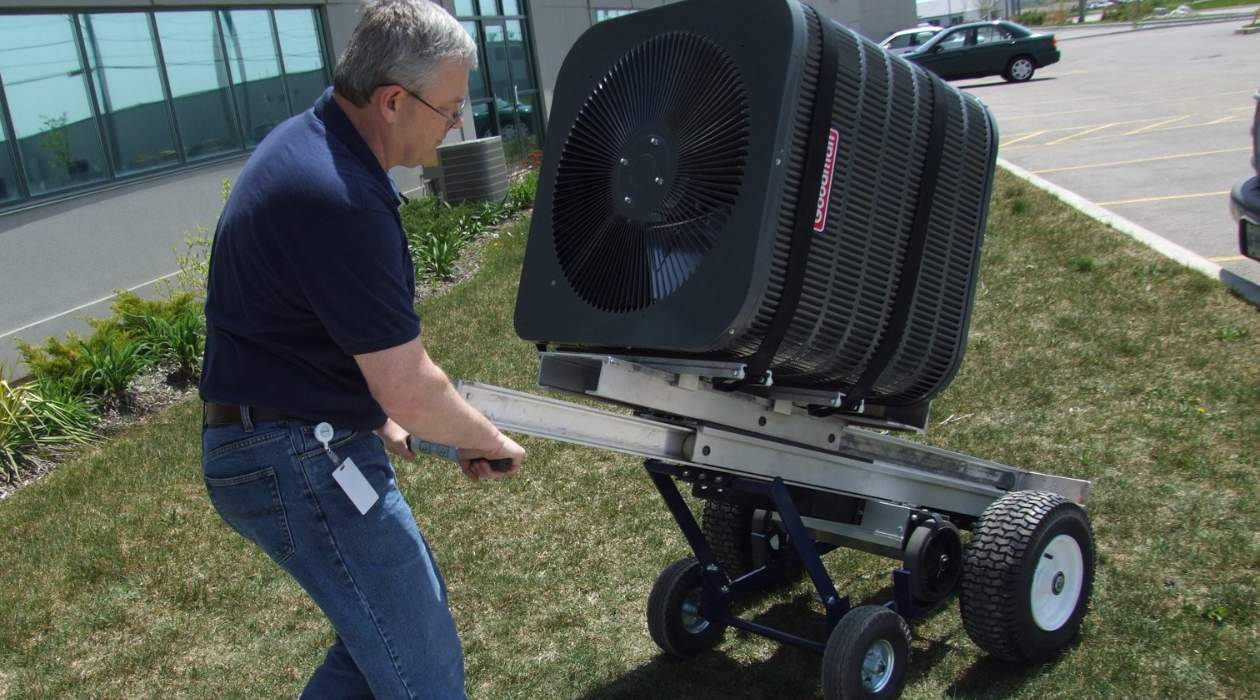
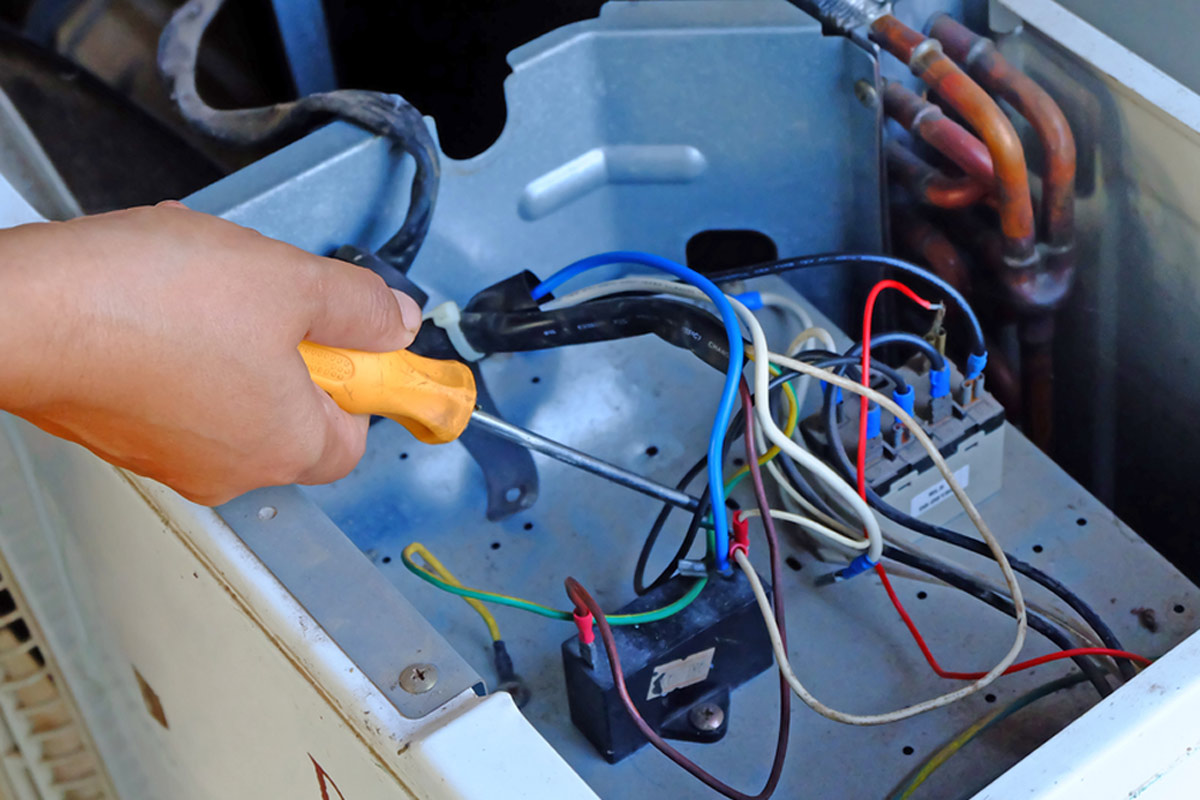
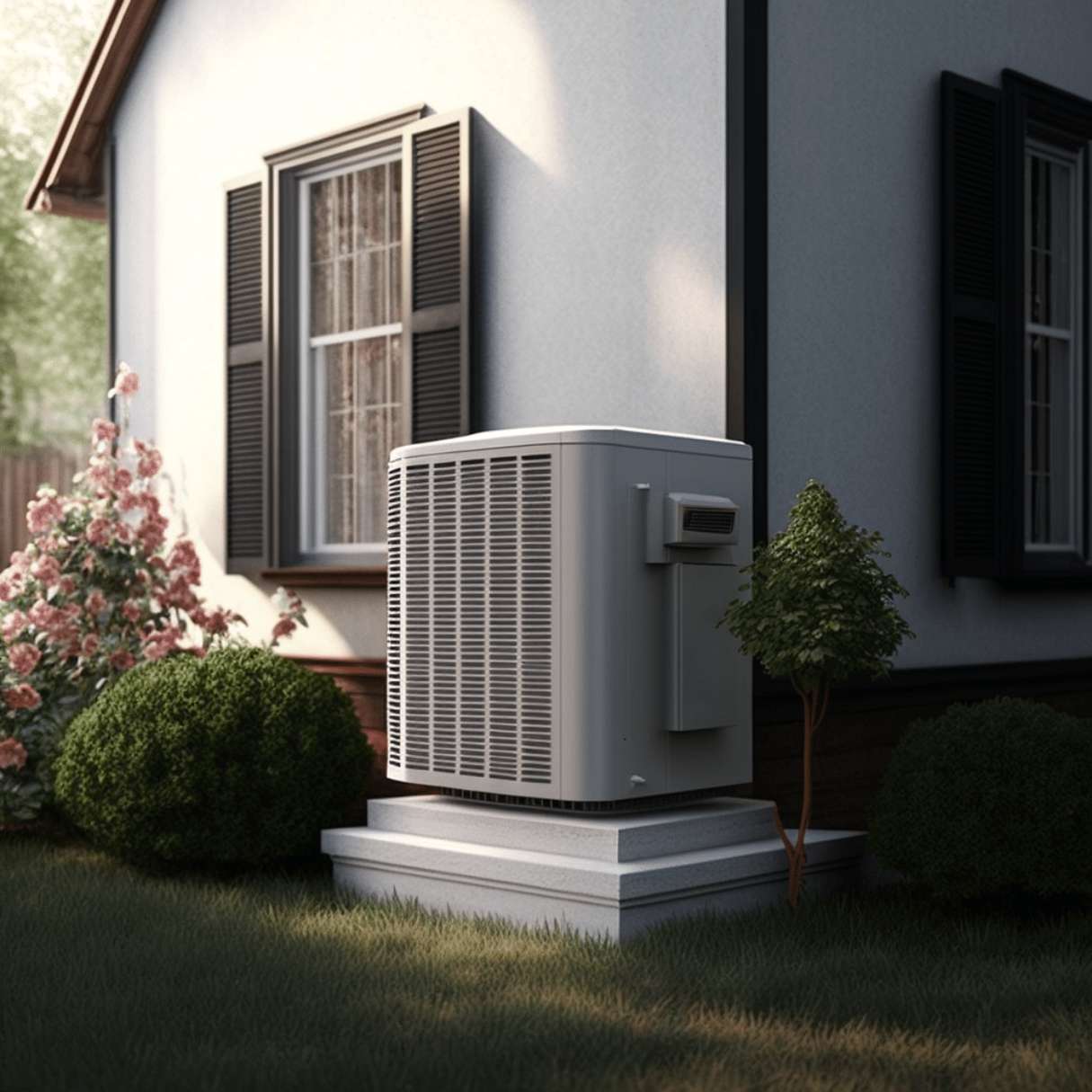
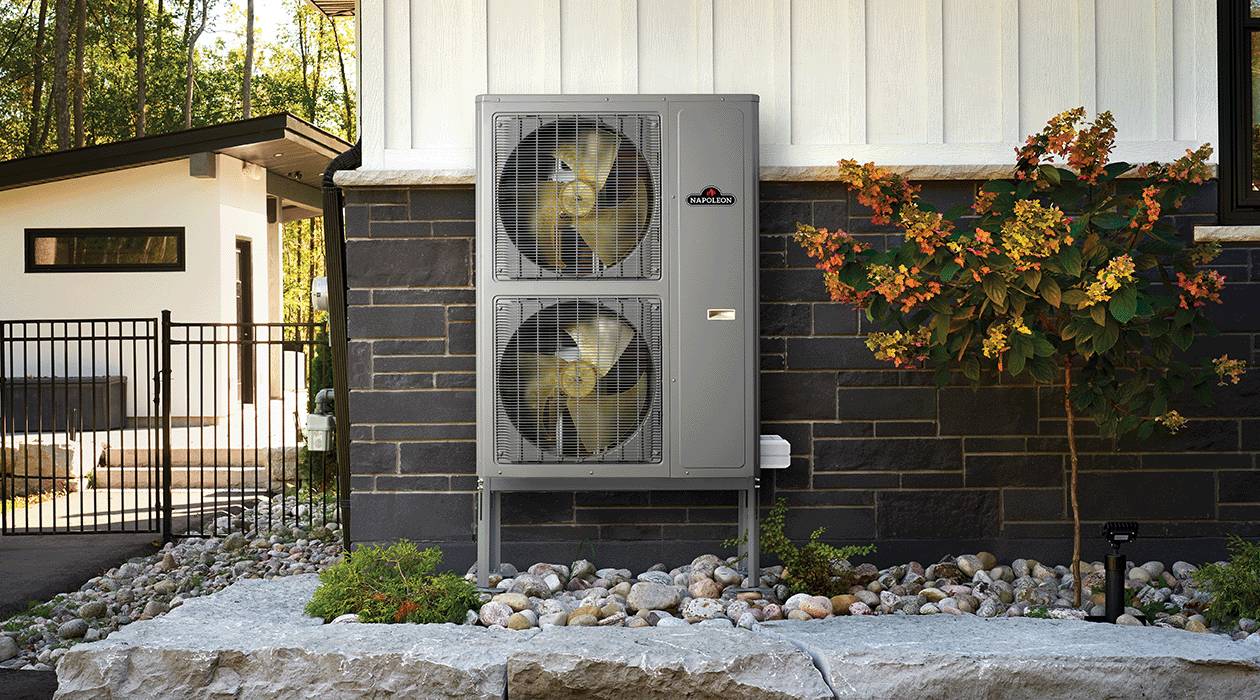
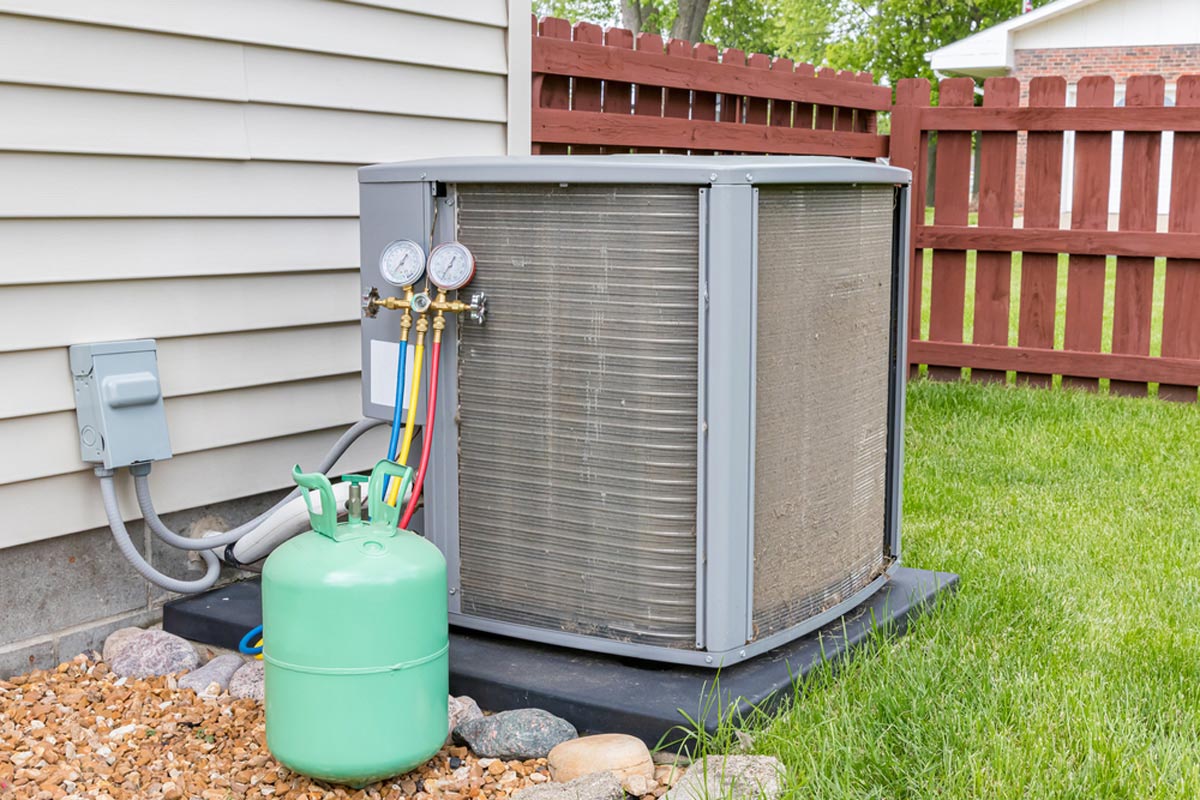

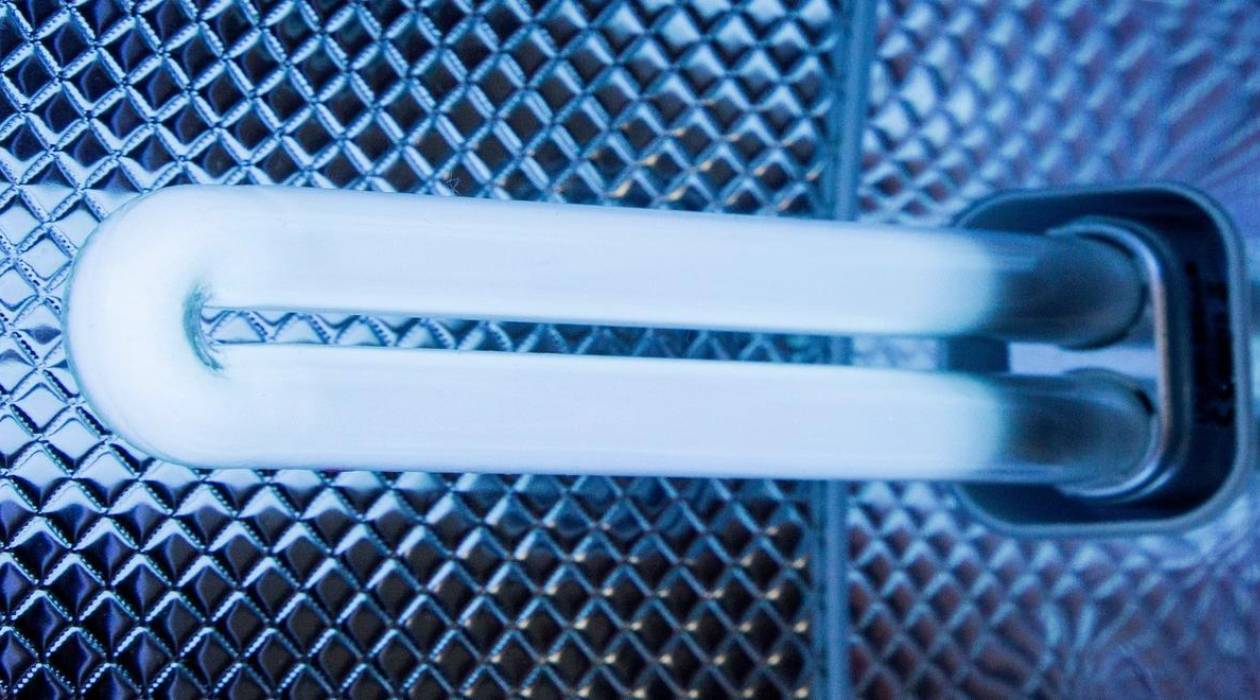

0 thoughts on “How Much Does HVAC Blower Motor Cost?”